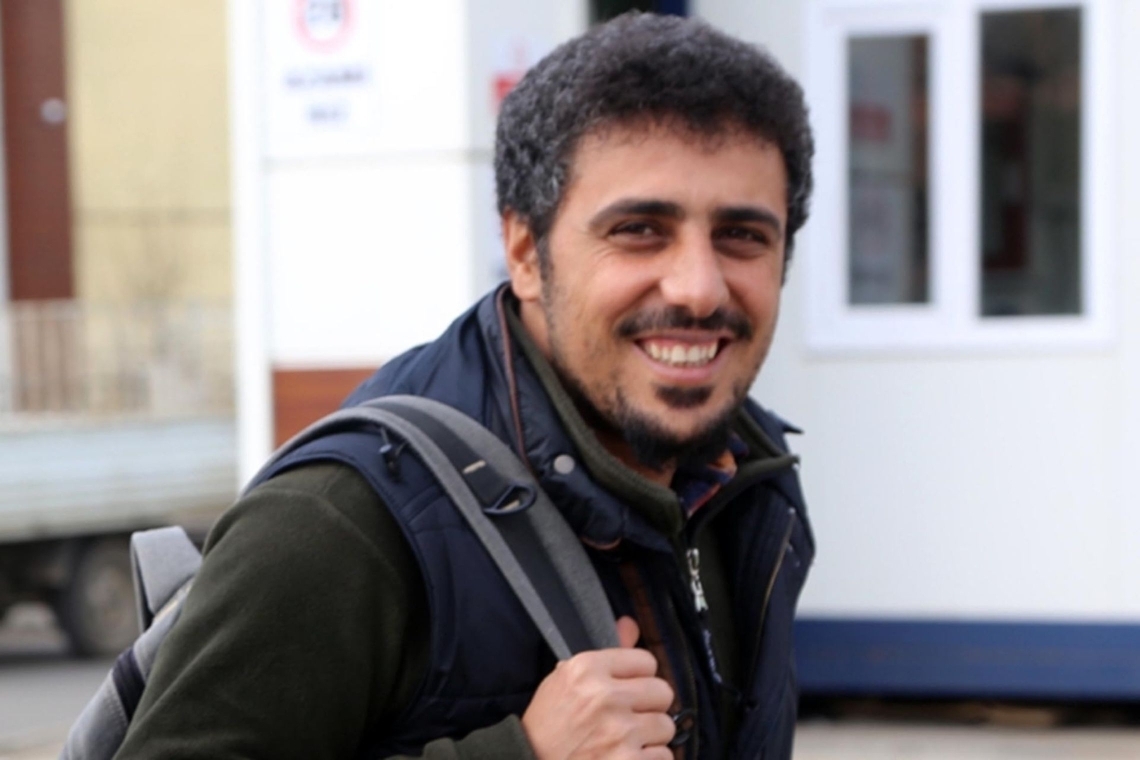Journalist Aziz Oruç, initially sentenced to 2 years and 1 month in prison for "terrorist propaganda," has been acquitted in a retrial following a ruling by Turkey's Court of Cassation. The case stemmed from his social media posts sharing news reports from Dicle News Agency (DİHA) in 2016.
Background and legal journey
In March 2020, Oruç was convicted by the Diyarbakır 9th High Criminal Court for allegedly promoting the PKK/KCK through his Twitter posts. The Diyarbakır Regional Court of Appeal upheld the conviction in November 2020. However, on March 21, 2024, the Court of Cassation overturned the decision, citing violations of freedom of expression and ordering a retrial.
Retrial proceedings and verdict
The retrial took place today at the Diyarbakır 9th High Criminal Court, without Oruç's attendance. His lawyer, Barış Kurtboğan, represented him. The court session, delayed due to a crowded docket, began at 10:50 a.m.
The prosecutor's final opinion acknowledged that Oruç's posts fell within the scope of free expression. "Although the public case was filed on allegations that the defendant's social media posts legitimized or encouraged violence by the PKK/KCK, a comprehensive review of the evidence and the appellate court's decision confirms that the comments remain within the bounds of freedom of expression," the prosecutor stated.
Lawyer Kurtboğan emphasized that the posts were part of Oruç's professional journalism activities and requested acquittal. After a brief recess, the court unanimously ruled for acquittal, concluding that the elements of the alleged crime were not present.
Emphasis on freedom of expression
The Court of Cassation's decision underscored the importance of protecting dissenting voices. It stated, "Freedom of expression applies not only to ideas that are favorably received but also to those that offend, shock, or disturb. Without pluralism, tolerance, and broadmindedness, there can be no democratic society." The ruling highlighted that Oruç's social media comments fell within these protected boundaries.
This case has drawn attention to ongoing concerns about press freedom in Turkey, where journalists often face prosecution for their reporting and social media activity.



